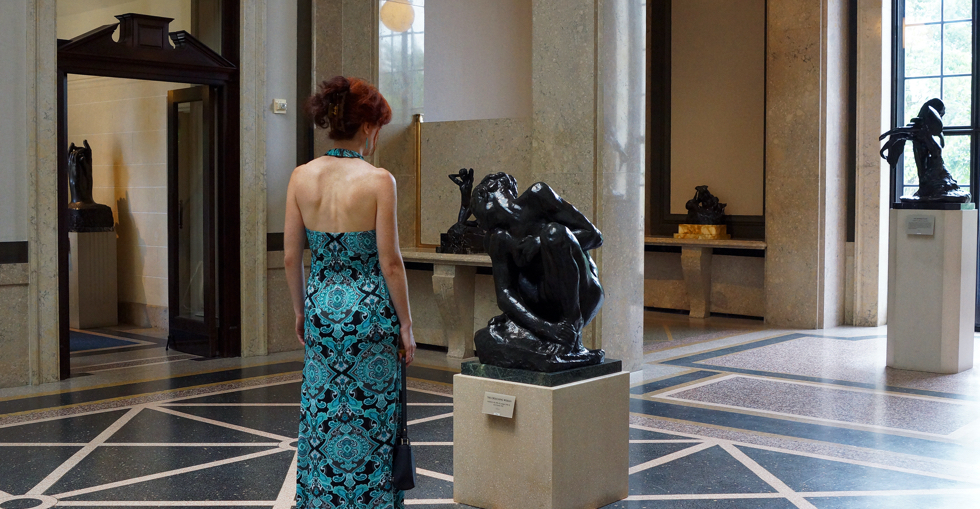Choosing to run an art gallery will probably be something that you have thought about for a long time before you finally take the leap into owning your own. This is because it is the kind of sector that takes knowledge, passion and contacts in order to make it.
Of course, running an art gallery will be similar to other retail businesses in some ways. You will need to sell art in order to cover your costs and, hopefully, make a profit. The product that you are selling, though, is very different. Art can increase in desirability when its price increases and the way that customers choose art is very different from the way they would any other product.

There are also a lot of businesses in this sector competing for a share of a small market. Therefore, while your skills in running a gallery can benefit from general business acumen, experience within the sector is far more important. Read on to find out more about what it takes to run a successful gallery.
The skills a gallerist should have
One of the most important aspects of running a gallery is the ability to forge and build strong relationships with people- both customers and artists. You need to be able to network with potential investors and develop a strong bond with your artists so that you can have both art to sell and customers to buy it.
Word of mouth is a vital marketing tool within the art world and so you need to be careful to maintain a good reputation with the people that you deal with. Aside from this, you will need to be passionate about what you are doing so that you can transfer this passion to customers when making a sale.

You should be social and business-minded. You will also need to be independent. Previous experience in the industry will be a chance for you to make connections that you will be able to nurture when you are running your own venture.
The experience will also give you the chance to get to know how the industry works, the day to day running of a gallery and the general dos and don’ts of running a gallery.
Marketing your gallery, the works and the artists
If you are going to stand out from the competition, you will need to have a clear vision for your gallery around which you can grow your brand. Consider how it is that you are going to select the artworks that you showcase in your gallery? Will you select artworks from a specific group of people? You could decide to centre on a theme, a style, a genre or a location.
Ultimately, you will need to stock art that will be of interest to your collectors. Make sure that you are passionate about what you exhibit, though. You cannot interest others in something that you yourself are not interested in.

Whenever choosing the art that you will exhibit, you need to be sure that you are not selecting it only
because you love it. You need to ask yourself whether you will be able to sell it and whether you will be able to talk about it. If you answer yes to both of these questions, you are probably on the right track.
Once you know what your brand is, you can create an online presence around it. You will need to make sure you are active and visible on different social media platforms and use these to generate buzz around proposed events.
Galleries attract a lot of their attention through the openings and events that they host. How will you get people to your exhibition openings? Marketing your business through relevant publications is a good idea over and above word of mouth.
Keep going despite the fickle market
The first two years of opening a gallery are particularly difficult. There is a lot that can go wrong and finding a regular base of clientele takes time. Many galleries that make it through the first two years will only break even.
Buying an established gallery will allow you to get a sense of the business before taking it over. As long as you do thorough due diligence, you will be able to see where the previous owner went wrong and what changes you can make. This will keep you from making the same mistakes and ensure far less risk.
Being successful in this industry means having the ability to operate in an ever-changing market, however, those that are truly successful are able to adapt to trends without losing sight of the bigger picture.

